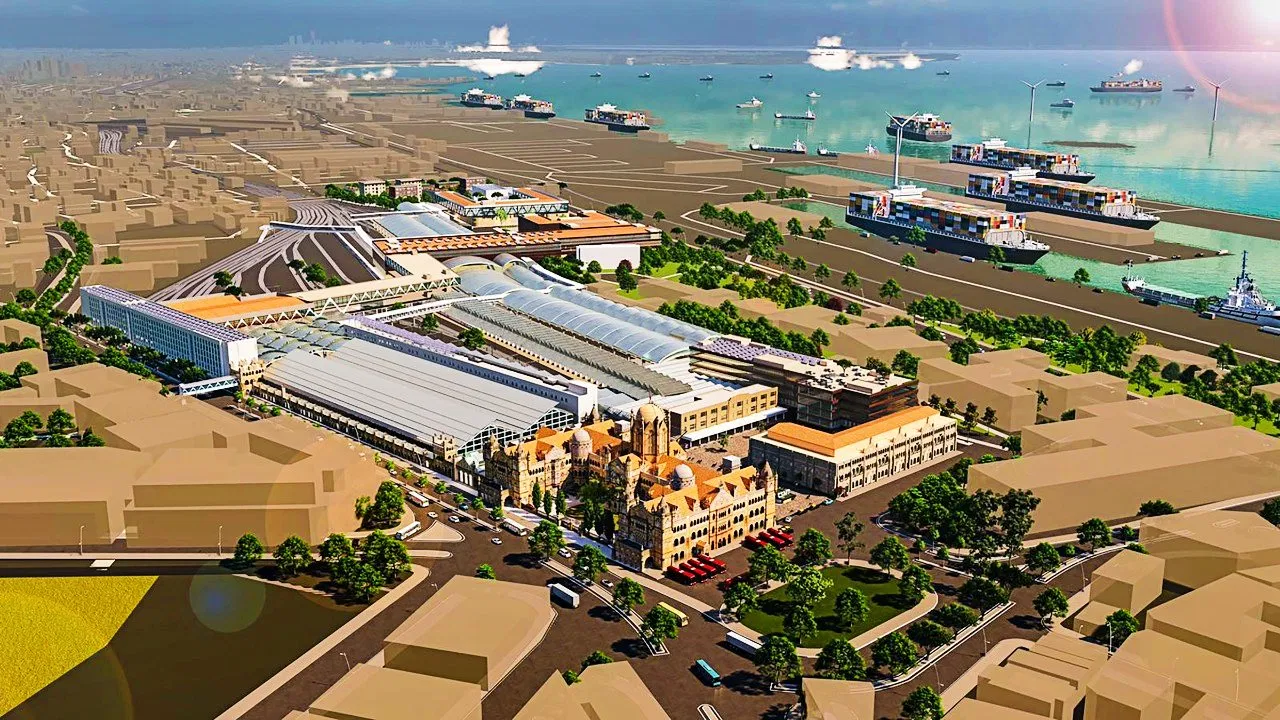India has created history by becoming the first country in the world to digitise its traditional medical knowledge through the launch of an AI-powered Traditional Knowledge Digital Library (TKDL). This pathbreaking initiative aims to preserve and modernise ancient Indian medical systems such as Ayurveda, Unani, Siddha, Sowa-Rigpa, and Homoeopathy, making them accessible globally for research, innovation, and future healthcare solutions.
A New Era of Traditional Medicine
The initiative, spearheaded by the Government of India and supported by the World Health Organisation (WHO), is not just a digital archive but a revolution in how traditional medicine is understood and applied in the modern world. The AI-driven TKDL is designed to protect age-old medical knowledge from misuse while ensuring its integration into contemporary healthcare practices.
Union Minister Prataprao Jadhav, during the launch, emphasised that this project aligns with India’s vision of blending heritage with high-tech advancements to make traditional medicine systems more globally accessible. “Our goal is to preserve what we have inherited from our ancestors while ensuring that modern science benefits from these treasures,” he said.

The Need for TKDL
India’s traditional medical practices, which have evolved over thousands of years, were primarily passed down through oral traditions, handwritten palm-leaf manuscripts, and classical texts. However, due to the lack of structured documentation, there have been numerous instances of biopiracy—foreign companies obtaining patents for herbal remedies and practices that were already part of Indian households for centuries.
TKDL addresses this problem by digitising, translating, and encoding traditional medical formulations into a digital format that is understandable to patent offices worldwide. By doing so, it prevents the exploitation of Indian knowledge systems while also providing scientific evidence of their existence in the public domain.
Artificial Intelligence – A Game Changer
The most innovative feature of the new TKDL is the use of Artificial Intelligence (AI). Advanced AI tools and machine learning algorithms are being used to:
- Organise vast and complex data from various traditional medical systems.
- Identify hidden patterns and connections between traditional remedies and modern health conditions.
- Assist in research for developing evidence-based applications of ancient medicine.
AI has also been integrated into traditional diagnostic methods like pulse reading (Nadi Pariksha) and tongue analysis, which have long been used in Ayurveda. By digitising these diagnostic techniques, AI is helping practitioners make precise clinical decisions, blending ancient wisdom with modern accuracy.
Ayurgenomics – Merging DNA with Ayurveda
One of the most promising developments emerging from this initiative is Ayurgenomics, a cutting-edge field that combines genetic science with Ayurvedic principles of body constitution or prakriti. Scientists are now working to personalise treatments by combining DNA data with Ayurveda’s classification of human body types, opening up new possibilities in preventive and personalised medicine.
For example, Ayurveda has always categorised individuals into three major body types—Vata, Pitta, and Kapha. By integrating this knowledge with genetic markers, researchers aim to create individualised healthcare plans that are more effective than generic treatments.
WHO’s Endorsement and Global Relevance
The World Health Organisation (WHO) has strongly backed India’s initiative, recognising it as a pivotal moment in global healthcare innovation. In its recent report, WHO stated that digitising traditional knowledge not only protects it from misuse but also enables integration with modern medicine, fostering cross-cultural medical research.
India’s success in creating TKDL sets a benchmark for countries like China, South Korea, and Indonesia, which also have strong traditions of alternative medicine. The TKDL framework could serve as a model for global adoption, creating a shared knowledge hub for traditional health systems.
Prime Minister Modi’s Vision of “AI for All”
Prime Minister Narendra Modi has frequently spoken about the transformative power of Artificial Intelligence in sectors such as healthcare, agriculture, and education. With the launch of TKDL, India is taking a global leadership role in using AI not just for technology-driven sectors but for preserving and revitalising ancient heritage.
This initiative aligns with the government’s “Digital India” and “Ayushman Bharat” missions, ensuring that traditional medicine complements modern medical systems to create holistic and accessible healthcare solutions for all.
Why This Move Matters Globally
The TKDL is more than just a library; it is a scientific shield for India’s centuries-old knowledge. With over 3,000 documented Ayurvedic formulations and thousands of traditional remedies now digitised and AI-enhanced, researchers across the world can explore these systems without fear of losing authenticity.
Moreover, by connecting these remedies with modern scientific findings, TKDL has the potential to revolutionise global healthcare, offering sustainable, cost-effective, and nature-friendly treatments.
Conclusion
India’s AI-powered TKDL is a historic step forward, combining the wisdom of the past with the technology of the future. It not only preserves India’s traditional knowledge but also positions the country as a global leader in innovative, integrated healthcare solutions.
As the world moves towards sustainable health practices, India’s initiative could become the blueprint for how tradition and technology can coexist to create a healthier and more inclusive future.

